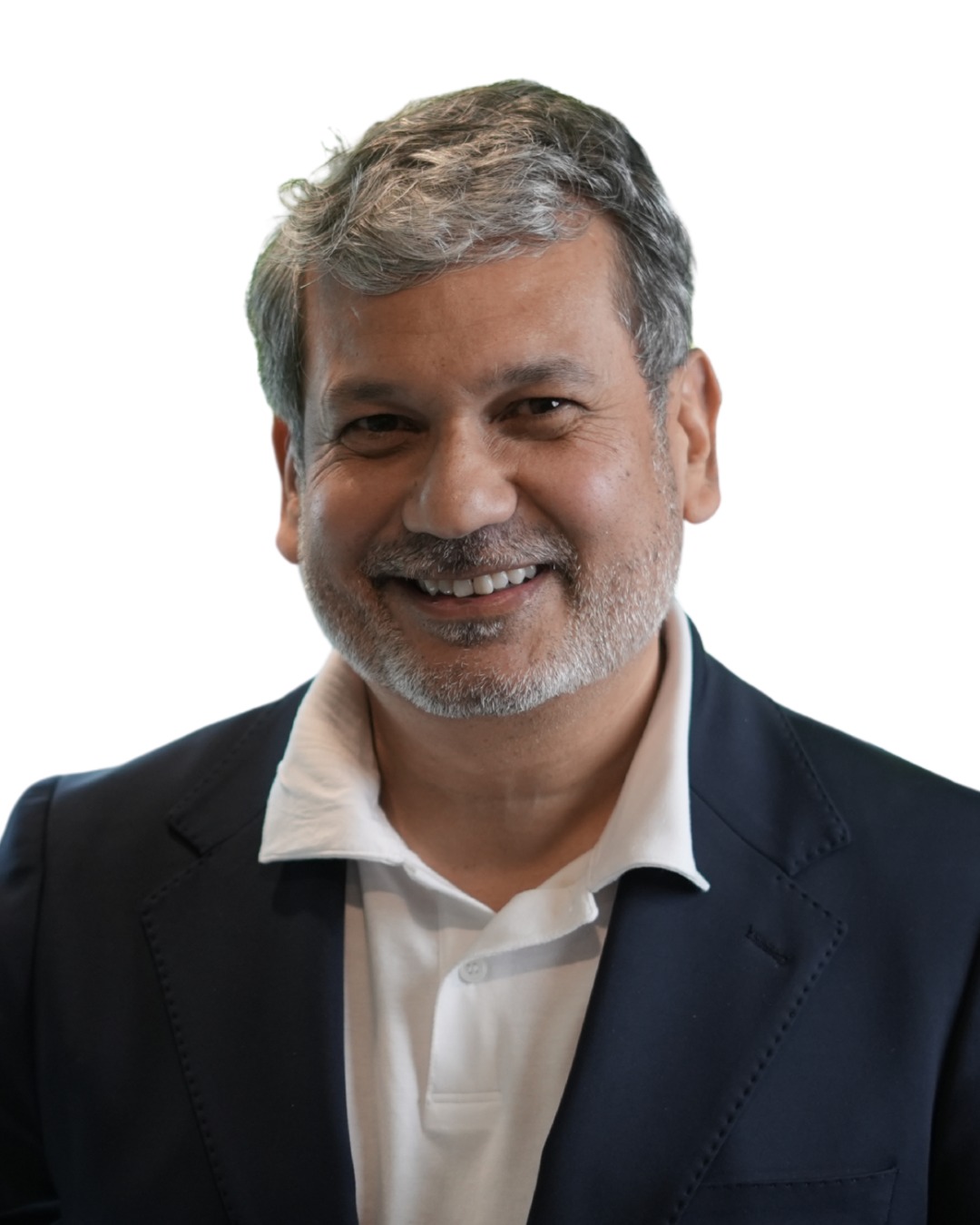Depressive disorder, also known as depression, is more than just feeling sad or going through a difficult time. It is a serious mental health condition that requires better knowledge, medical attention, and better depression treatment. Depression can be devastating for those who suffer from it and their families if left untreated. Many people can and do recover with early detection, diagnosis, and a treatment plan that includes medication, psychotherapy, and healthy lifestyle choices.
To assist their patients in overcoming depression, therapists employ a variety of therapeutic techniques like
Transcranial Magnetic Stimulation (TMS) Therapy
TMS, or transcranial magnetic stimulation, is a type of brain stimulation therapy.
Transcranial magnetic stimulation, also known as TMS, is a type of brain stimulation therapy.
It is a non-invasive treatment that uses electromagnetic pulses to stimulate nerve cells, with the goal of potentially alleviating symptoms of neurological or mental health disorders. TMS is most commonly used to treat depression. It has aided people who have failed to respond to antidepressant medication or psychotherapy. TMS stimulates nerve cell activity in the brain, which may alleviate depression symptoms. It may also be beneficial for disorders such as OCD, anxiety, and PTSD.
The procedure may even improve motor dysfunction, making it useful for Parkinson’s, multiple sclerosis, or stroke rehabilitation.
Cognitive Behavioural Therapy (CBT)
Cognitive-behavioral therapy, or CBT, assists a person in identifying and changing negative thoughts and behaviors. People who suffer from depression frequently struggle with negative thought patterns. These thought patterns can have an impact on a person’s behavior. In turn, behavior reinforces the thought patterns. This creates a never-ending cycle of negative thoughts and depression.
In many cases, our thought patterns are influenced by our core beliefs. CBT therapists assist patients in identifying their core beliefs, addressing the negative thoughts that arise from them, and adjusting their behavior accordingly.
Dialectical Behaviour Therapy (DBT)
CBT and dialectical behavior therapy are very similar. In fact, it serves as the foundation for many of its techniques. DBT, on the other hand, teaches patients to identify, accept, and regulate their emotions.
DBT, as the name suggests, assists patients in engaging in a “dialogue” with their emotions and behaviors. Patients are taught to question the inconsistencies in their attitudes and emotions that prevent them from making positive changes in their lives.
To put it another way, a person learns to “talk back to” negative and self-defeating thoughts. They can begin to replace these negative thoughts and behaviors with positive ones during this process.
Electroconvulsive therapy (ECT)
ECT is effective for all types of depression and can help to come out of depression. It is also very effective for postpartum depression and severe depression, especially delusions and agitation, which are common in elderly depression. It is prescribed when medical conditions preclude the use of antidepressants, when these medications are ineffective, or when suicidal thinking is extreme.
Behavioral Activation(BA)
Behavioral activation shares similarities with both CBT and DBT. BA, like the other therapies, focuses on a patient’s thoughts and behaviors.
When someone is depressed, they may try to avoid certain activities, such as social gatherings. Behavioral activation is used by therapists to build positive reinforcement and assist patients in developing an action plan to help them overcome avoidant behaviors.
The patient becomes increasingly confident and begins striving to meet realistic goals. As a result, a sense of positivity and accomplishment is reinforced.
Problem-Solving Therapy (PST)
Problem-solving therapy is a therapeutic technique that assists people in coping with life stressors that have a negative impact on their mental health.
We all face stress, but major life stressors or chronic stress can have a significant impact on our mental health. PST is intended to assist people suffering from depression or anxiety in identifying and managing stressors. PST also assists patients in more effectively processing negative emotions that can arise when we face adversity, such as the loss of a job or the death of a loved one.
If you or a loved one is suffering from depression and looking for depression treatment in Delhi, then we are here to help you and it is important that you seek the appropriate level of care. At Mind Brain Institute, our team is composed of great mental healthcare professionals with experience treating a range of disorders.
Also, Visit here: Benefits of TMS Therapy
Dr. Anuranjan Bist stands as a pioneering figure in the field of mental health, seamlessly blending traditional psychiatric methods with holistic wellness practices. With a profound understanding of the human mind and body, Dr. Bist has redefined therapeutic approaches by integrating Transcranial Magnetic Stimulation (TMS) and Ketamine therapy with ancient yoga techniques, showcasing his innovative spirit and dedication to comprehensive care.


Leave feedback about this